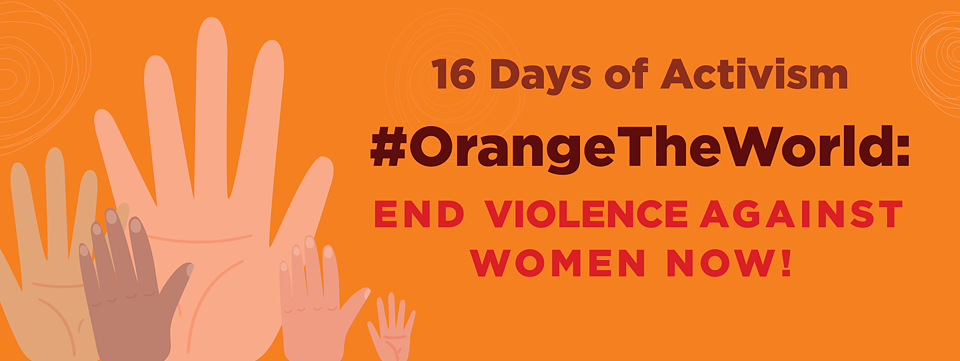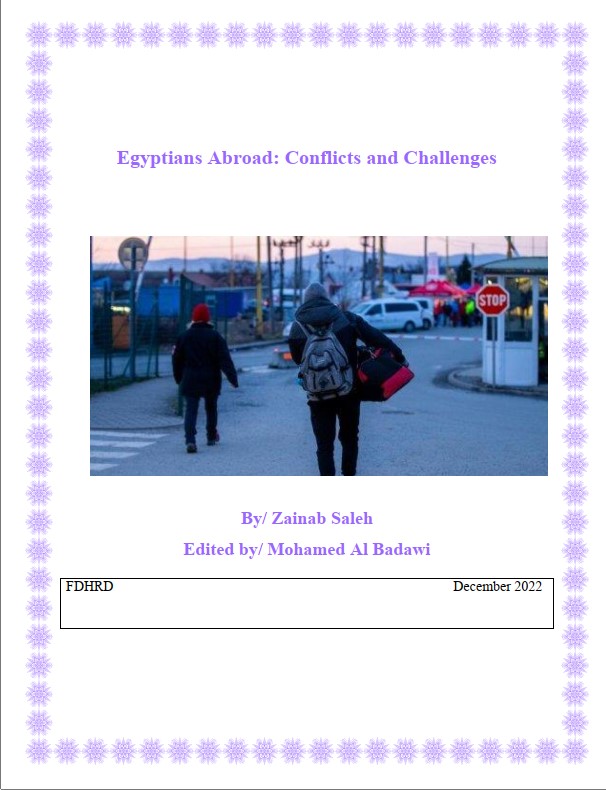Press Release
………………………………………………………..
On December 12, 2022, the death by hanging sentence was executed in public on the citizen, Majid Reza Rahnavard. He was accused of stabbing to death two members of the paramilitary resistance forces known as Basij, namely Danial Rezazadeh and Hossein Zeinalzadeh. The Basij are a semi-volunteer force loyal to the government. It was formed by the leader of the Islamic Revolution, Ayatollah Khomeini, in 1979. It then became one of the arms of the Revolutionary Guards.
This is the second execution related to the protests that erupted after the death of the Iranian Kurdish young woman, Mahsa Amini. Mohsen Shekari (23 years) was hanged on December 8th. He was convicted of wounding a member of the Basij.
It is important to say that when Majid Rahnavard was arrested on November 19th, the authorities did not allow him to contact a self-appointed lawyer. He was not given the opportunity to defend himself in court.
The Forum for Development and Human Rights Dialogue (FRDHD) believes that his execution is an attack on the right to a fair trial, the right to freedom of opinion and expression, and the right to life, which are stipulated in all international agreements and covenants, demanding the international community to quickly intervene and take the necessary measures to save the demonstrators.
According to the International Covenant on Civil and Political Rights, the right to life is the most important right that cannot be deviated from even in times of public emergency. It is the right on which all human rights are based.
The accused also did not have any guarantees for a fair trial and was referred to the revolutionary courts, which do not have the jurisdiction to deal with murder cases. Rahnavard was charged with moharebeh in order to refer the case to the Revolutionary Court.
The FRDHD confirms that the quick implementation of death sentences means that in the event that evidence of innocence emerges after, it cannot be remedied.








